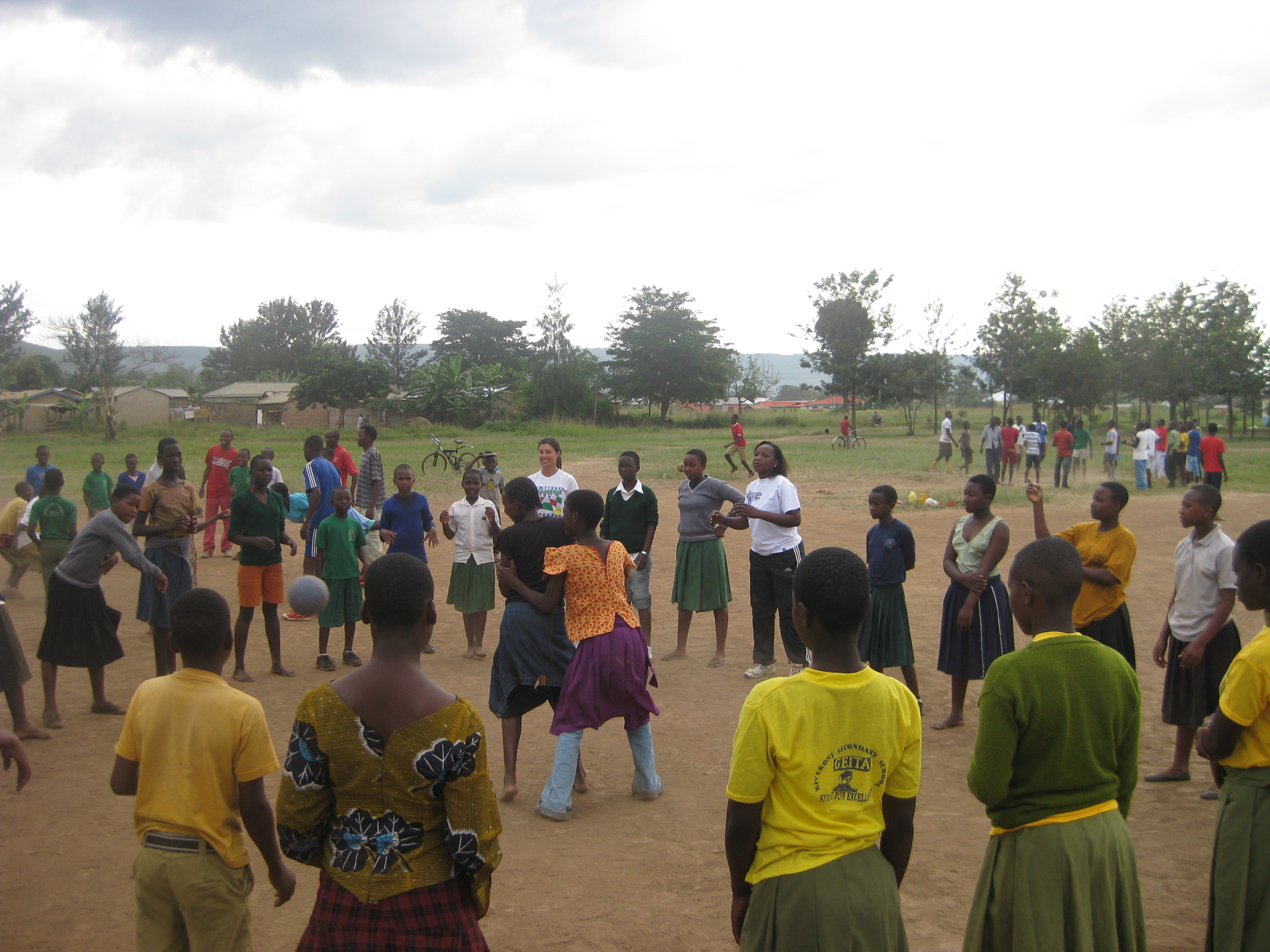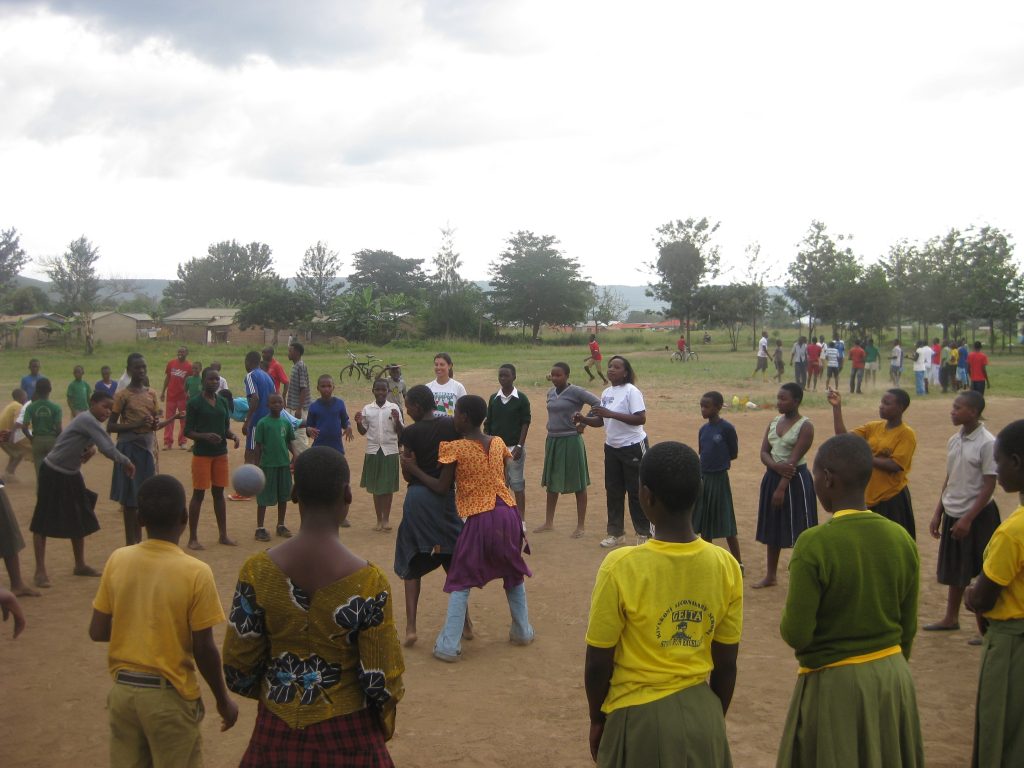Girls in Geita District are caught between a rock and a hard surface. Despite grappling with cultural norms and values that reduce them to mere sources of income upon marriage while on the other hand strive to dodge early pregnancies and marriage traps; they are disheartened by lack of sanitary facilities in schools.

It is a sad reality that majority of schoolgirls in the district stay at home, missing classes during their monthly periods due to acute shortages of menstrual hygiene facilities and services.
A ten-day survey by the ‘Daily News’ in the district found out that most schools lack clean water, menstrual sanitary facilities and services – factors that force girls to stay out of schools during menses.
“We have 48 girls enrolled in Standard Seven alone, but a quarter of them go missing in class for four to five days a week due to menstrual related issues,” says Magdaline Singano, a Matron at Nyalwazanja Primary School in Nyamwaga rural area, Geita District.
The same was reported at Lwamgasa Secondary School where five to six girls in one class record absenteeism every day of the week — menstrual challenges being the main factor. “A monthly period is a preventable reason for most of our girls not to attend classes,” said the School’s Matron Ms Atupakisye Megreth.
“Our school lacks permanent menstrual facility kits to offer girls hygiene services,” she said. Nyalwazanja and Lwamgasa schools are among the many schools in Geita that have no reliable water sources within the school compound, with limited toilets to accommodate the needs of schoolgirls.
Nyalwazanja Primary School alone has 662 girls, but has only seven latrine pits that serve all the girls. One pit is being shared by 95 girls. “The pits are not even in good condition,” said the School Matron.
Findings by United Nations Children’s Fund (UNICEF) in 2013, indicate that one in 10 African girls miss school during menses eventually leading to higher school dropout.
The report further says that many school-going girls and women in developing countries such as Tanzania struggle to find appropriate facilities and places to deal with menses.
One Vumilia Spirian, a Standard Six pupil at Ukombozi Primary School is one among the very many girls in the district’s schools, who go through the painful ordeal that comes with the monthly flow, as well as missing classes.
Vumilia has no option but to stay at home for a week when she is in her monthly period. “I normally stay at home to avoid embarrassments at school,” the 13-year old girl said.
Even when at home, Vumilia finds it difficult to use sanitary products to stem her monthly bleeding. “I use substances such as pieces of mattresses or shabby dresses to curb the bleeding,” she narrated with fear amid disgrace.
The same case applies to Susan Adam a form-three student at Lwamgsa Secondary School in Geita District. “I always stay out of school for three to four days just to face out my monthly period… this is because my parents lack money to purchase sanitary towels that I can use while at school.”
The ‘Daily News’ conducted a brief survey on the prices of the disposal sanitary pads and discovered that in most retail shops, in Geita Town, the products range between 1,500/- to 3,500/- per package.
A Baseline Survey report on Schoolgirls Menstrual Hygiene Management, 2014 for 8 districts in Tanzania indicated that most parents said that they would support their children with sanitary products if the prices are lowered to between 500/- and 800/- equivalent to 35 to 40 US cents.

